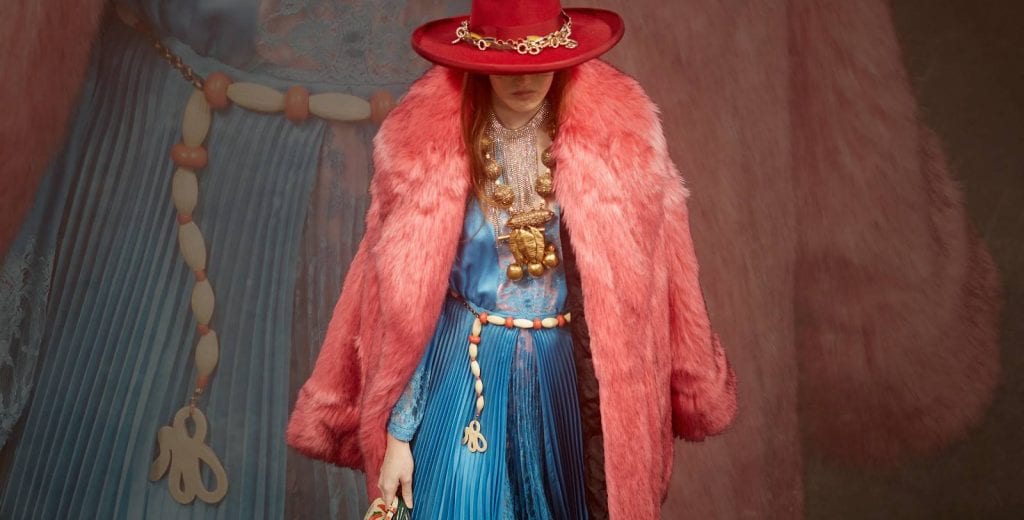Fur on Fifth Avenue might be a thing of the past in the not too distant future. New York may soon join the likes of San Francisco, Berkley, Los Angeles, and West Hollywood by banning the sale of fur thanks to two new efforts. City Council Speaker Corey Johnson introduced legislation this week that would prohibit the sale of fur in New York City, according to the New York Post. Johnson’s proposed bill comes just days after New York Assemblywoman Linda Rosenthal announced similar – but broader – legislation to the state’s Assembly earlier this month.
Ms. Rosenthal’s bill, if enacted, would ban the manufacturing of fur and also make it illegal to “sell, offer for sale, display for sale, trade, give, donate, or otherwise distribute a fur product by any means in the state” with limited exceptions beginning on January 1, 2021. Johnson’s legislation aims to prohibit “the sale of fur apparel” on a city level.
The growing political backing for anti-fur efforts has been joined by initiatives undertaken by high fashion houses and up-scale retailers, alike, which have been swearing off the use of fur with quite some frequency. Design houses, including Versace, Gucci, Jimmy Choo, Calvin Klein, Ralph Lauren, Tommy Hilfiger, Michael Kors, Giorgio Armani, Vivienne Westwood, have distanced themselves from using fur in their collections in recent seasons. Retailers, such as Selfridges, FarFetch, and Net-a-Porter, have also joined suit.
Gucci creative director Alessandro Michele, for instance, very publicly swore off fur in 2017, saying that use of the textile is “not modern.” Donatella Versace revealed this past spring that her brand will distance itself from fur, revealing, “I don’t want to kill animals to make fashion.” And just late last year, Chanel announced that it would discontinue its already-limited use of fur.
There has certainly been much less animal fur on the runway in recent seasons, with many of the aforementioned brands and designers opting to swap in faux versions for the real thing, thereby prompting a separate effort – one devoted to addressing the sheer lack of sustainability associated with the fossil fuel-created synthetic fibers found in faux fur.
Speaking to The Independent late last year, Mary Creagh, a Member of Parliament of the United Kingdom, highlighted several of the main points put forth by pro-fur parties, saying that in addition to the fact that faux fur “garments are made entirely out of artificial fibers like polyester that are a byproduct of the petroleum industry,” fake fur garments are also “almost impossible to recycle” and often end up landfills as a result of a fast fashion culture.
MP Creagh is far from alone in voicing the nuances of the fight over fur. In addition to similar sentiments coming from prominent fashion figures and sustainability-centric researchers, the powerful pro-fur lobbyists have been able to penetrate the narrative.
Mark Oaten, CEO of the International Fur Federation, for instance, has voiced concern about “how it is possible for a chemical-based product, such as faux fur, to be more sustainable than a natural-based product.” He notes, “Some of the fake fur is saying that it’s being developed using recycled plastic, and that’s great, however, it’s still plastic.”














